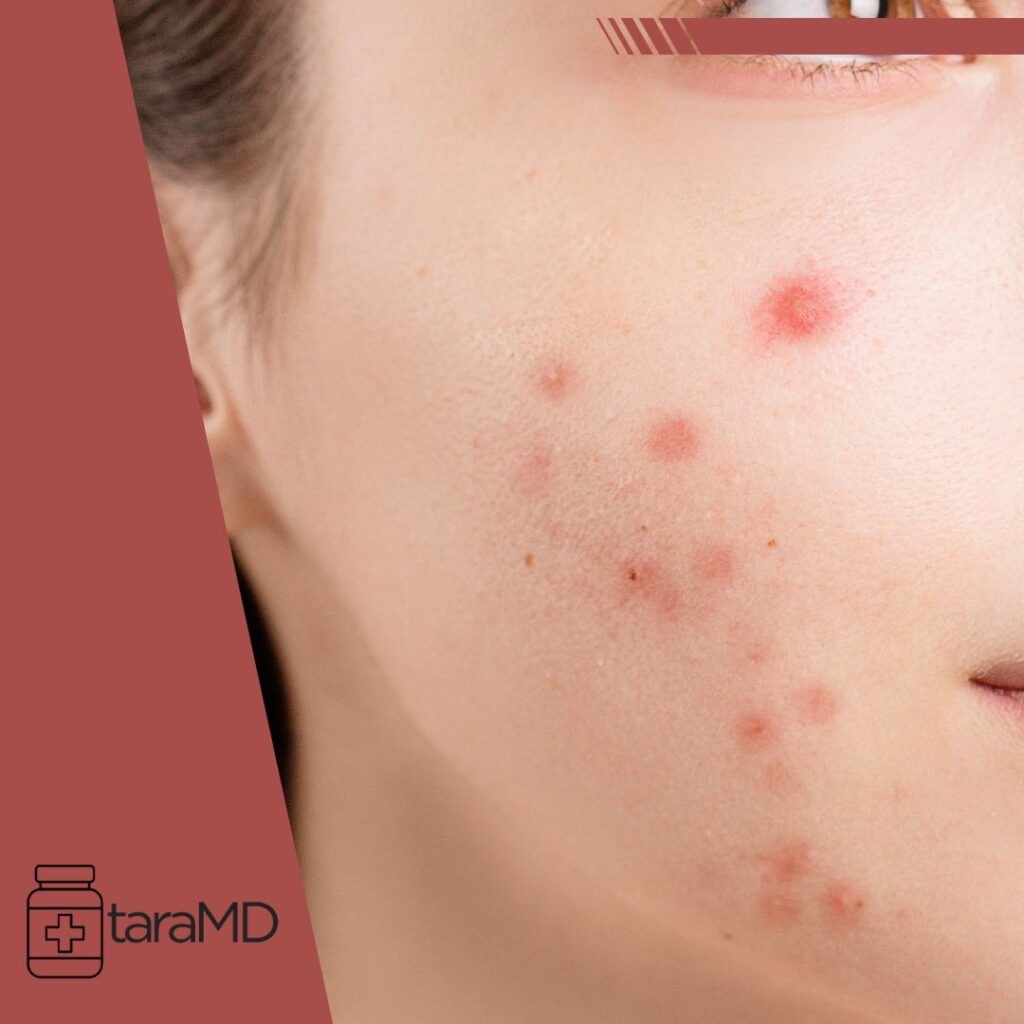Acne is a common skin condition that affects millions of people worldwide, but even after breakouts heal, they can leave behind persistent reminders—acne scars. These scars can impact confidence and overall skin appearance, making many individuals seek effective ways to reduce their visibility. Understanding how acne scars form and the treatments available to heal and minimize them is essential for achieving smoother, healthier skin.
1. Understanding Acne Scars
Acne scars develop when the skin’s tissue is damaged during the healing process of a pimple, cyst, or nodule. There are several types of acne scars:
- Atrophic Scars: These are indented scars that form when the skin loses collagen during the healing process. Examples include icepick, boxcar, and rolling scars.
- Hypertrophic or Keloid Scars: These are raised scars caused by excess collagen production. They are more common on the chest, back, and shoulders.
- Post-Inflammatory Hyperpigmentation (PIH): These are dark spots that remain after a pimple heals. Though not technically scars, they can be long-lasting and affect skin tone.
Understanding your scar type is important for choosing the most effective treatment method.
2. Professional Treatments for Acne Scars
Dermatologists offer a variety of treatments to reduce the appearance of acne scars, depending on their severity and type:
- Chemical Peels: These involve applying a solution to exfoliate the top layers of skin, improving texture and reducing discoloration.
- Microneedling: Tiny needles stimulate collagen production, which can smooth out depressed scars over time.
- Laser Therapy: Fractional laser treatments target damaged skin and promote new collagen growth, improving both texture and tone.
- Dermal Fillers: Injectable fillers can temporarily lift indented scars to create a smoother surface.
- Corticosteroid Injections: For raised scars, these injections can reduce inflammation and flatten the scar tissue.
A dermatologist can recommend a combination of these treatments to achieve the best results, often tailored to your specific skin type and scar severity.
3. At-Home Care and Prevention
While professional treatments are highly effective, proper at-home care can also help prevent new scars and improve the appearance of existing ones. Dermatologists suggest:
- Using Gentle Skincare Products: Avoid harsh scrubbing that can worsen scarring or irritation.
- Sun Protection: Daily use of broad-spectrum sunscreen prevents scars from darkening and worsening.
- Topical Treatments: Ingredients like retinoids, vitamin C, or niacinamide can help fade discoloration and promote skin renewal.
- Avoid Picking or Squeezing Pimples: This is one of the most important steps to prevent new scars from forming.
Take Steps to Heal and Improve Your Skin
Acne scars may feel permanent, but with the right combination of professional treatments and at-home care, their appearance can be significantly reduced. Dermatologists play a crucial role in assessing your scars and recommending treatments that target both texture and discoloration. By taking proactive steps, protecting your skin, and following expert advice, you can heal existing scars and prevent new ones, helping you regain smoother, healthier, and more confident skin. If acne scars are affecting your confidence, consult a dermatologist today to explore personalized solutions.
Read more:

